German Marzen lager is a beer style you probably have tried without knowing. Mass-produced lagers that are darker in color normally fall into this style. Traditionally Marzen was the beer consumed in Octoberfest, but nowadays they serve something similar but more suited for power drinking, it even has its own style called “Festbier”.
This Mazen lager recipe however is closer to a traditional Marzen, but with improvised ingredients.
Recipe
Mari Marz
German-Style Maerzen
- Volume 25 l
- OG 1.059
- FG 1.014
- IBU 21
- ABV 5.91 %
Fermentables
-
1.4 kgViennaNetherlands The Swaen
-
2.5 kgBarke Munich MaltGermany Weyermann
-
1.1 kgCaraFoamGermany
-
1.5 kgPale AleGermany Weyermann
Hops
-
50 gHallertau Mittelfruh | First Wort 60minGermany
-
15 gHallertau Mittelfruh | Boil 15minGermany
-
15 gHallertau Mittelfruh | Boil 0minGermany
Yeast
-
1 pkgM76 Bavarian LagerMangrove Jack
Process
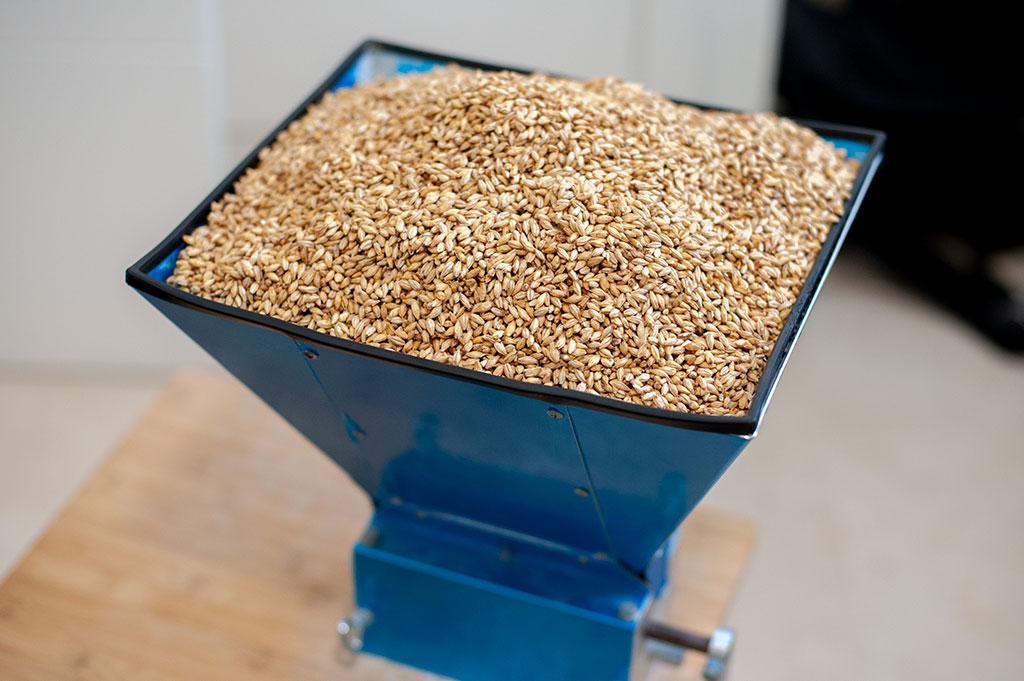
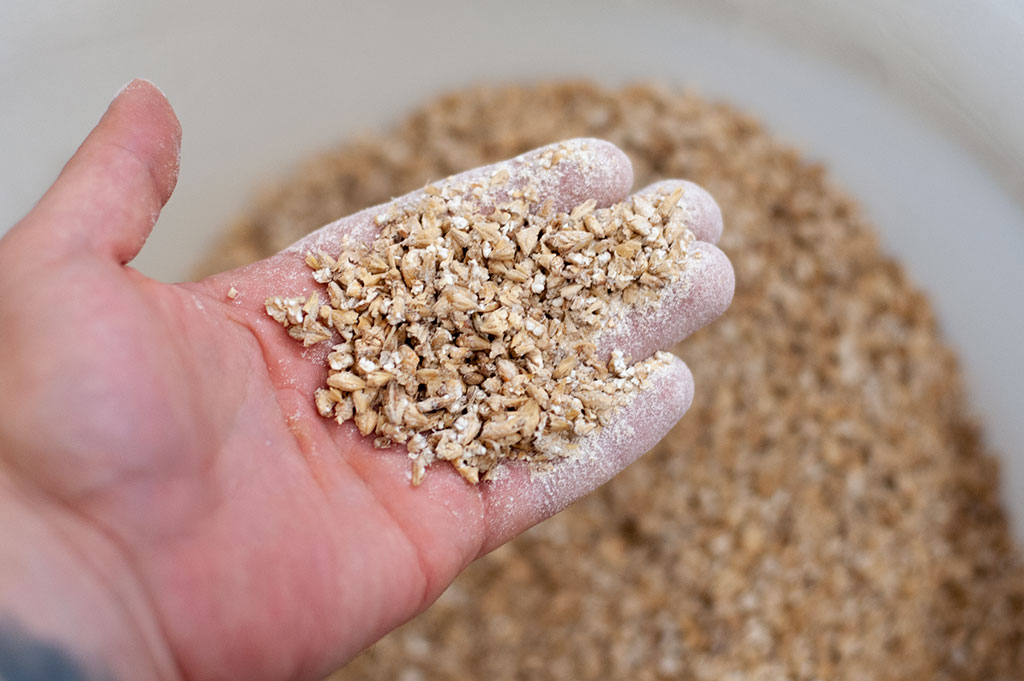
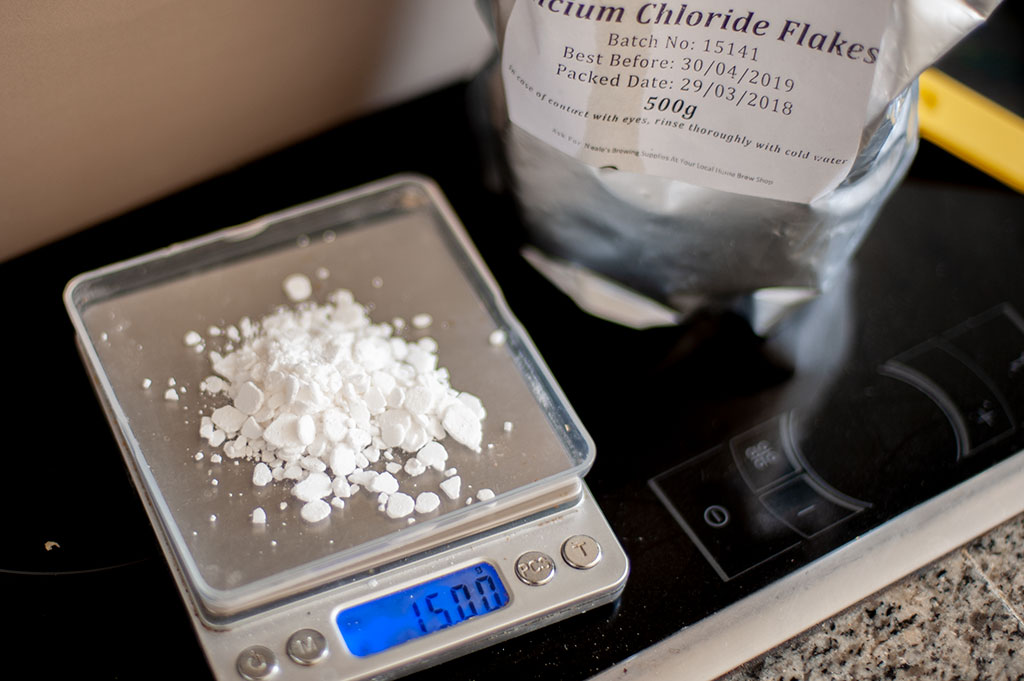
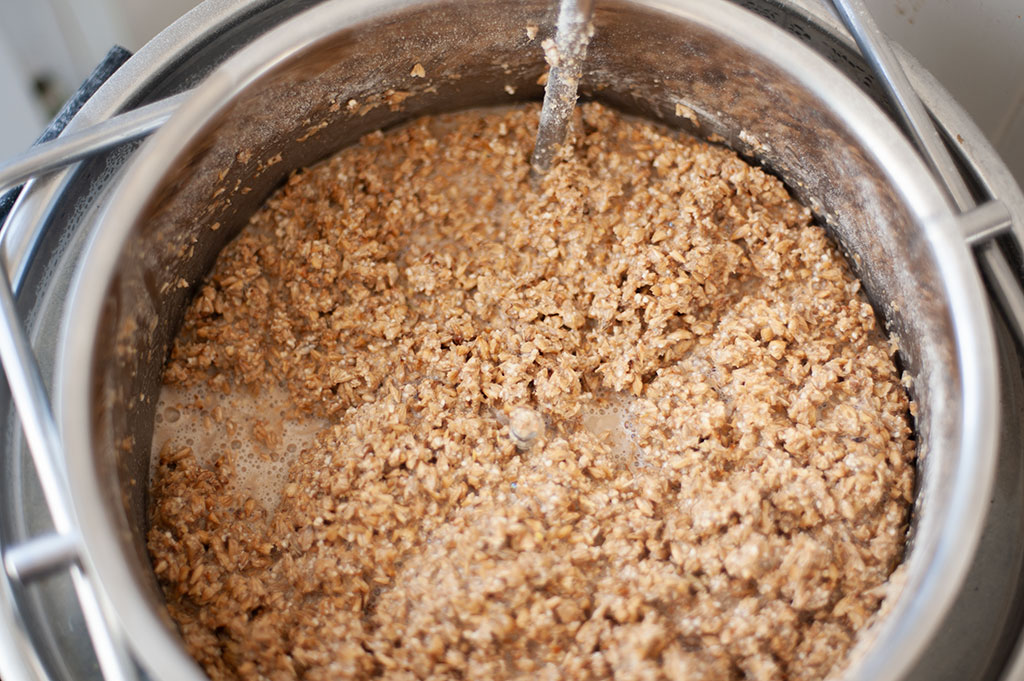
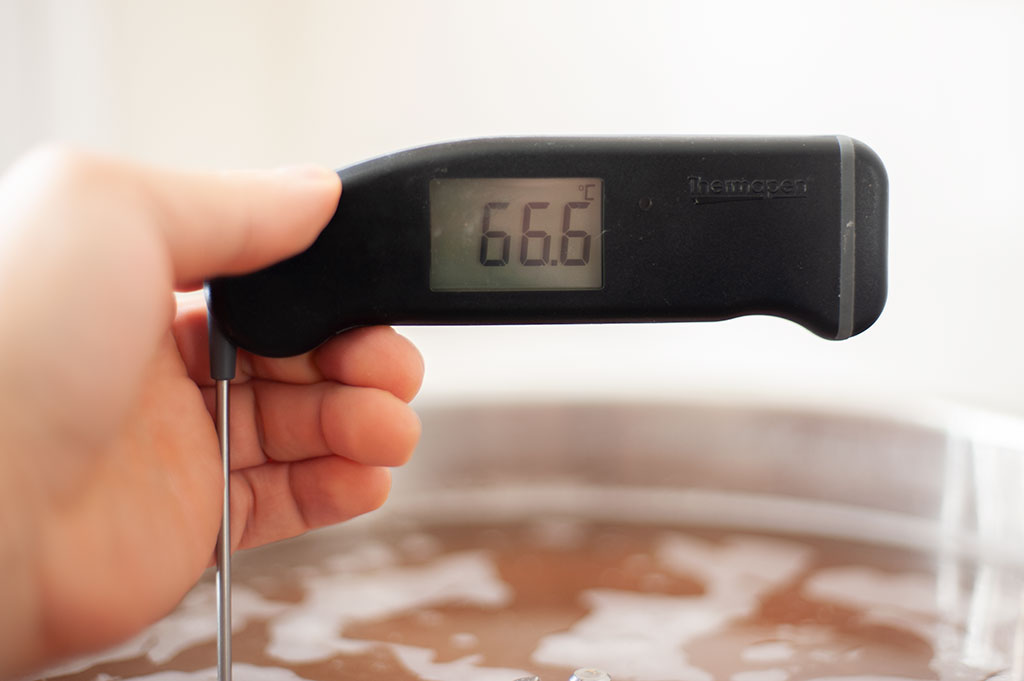
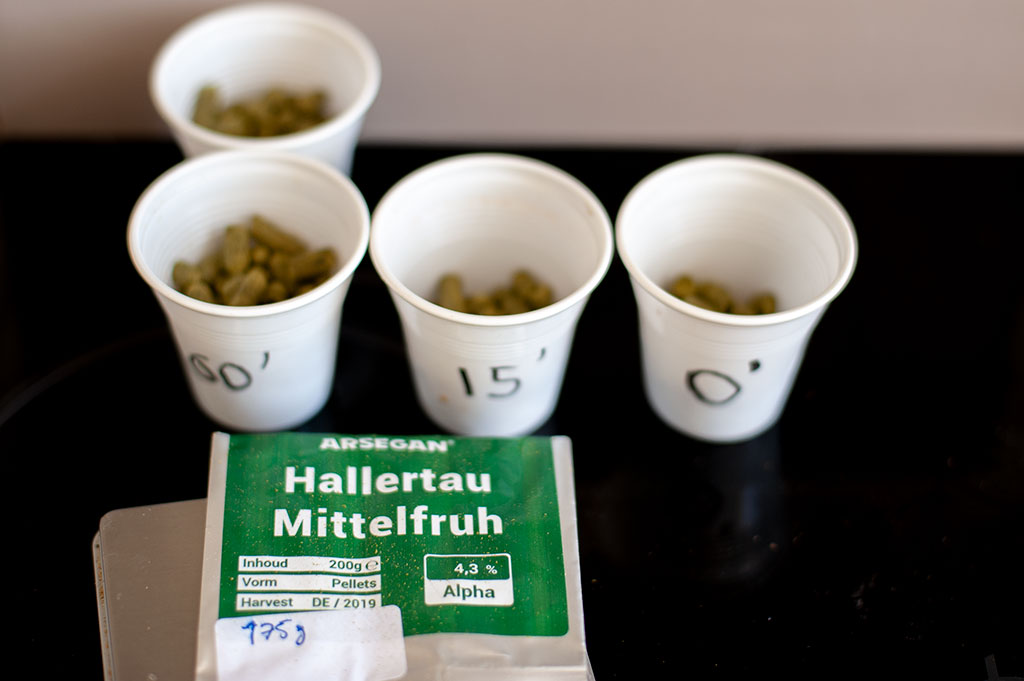
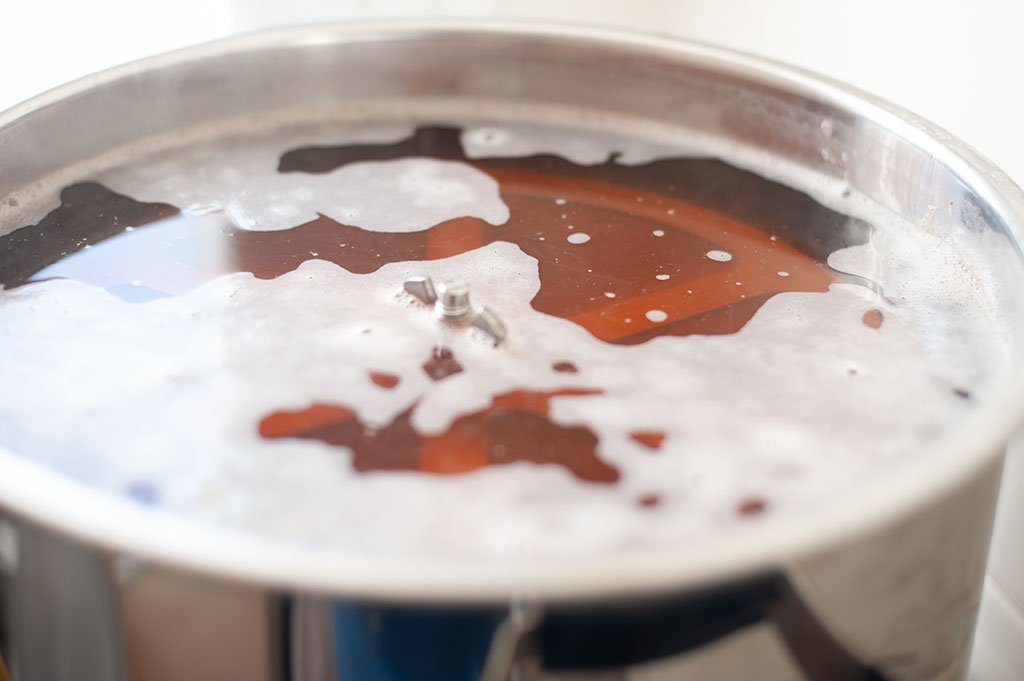
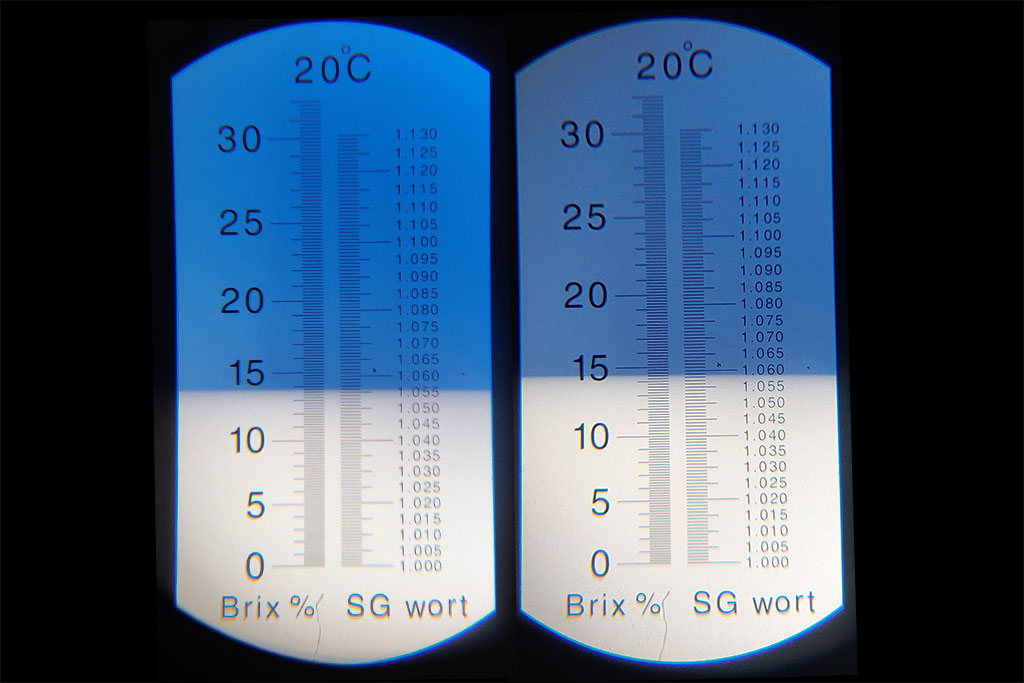
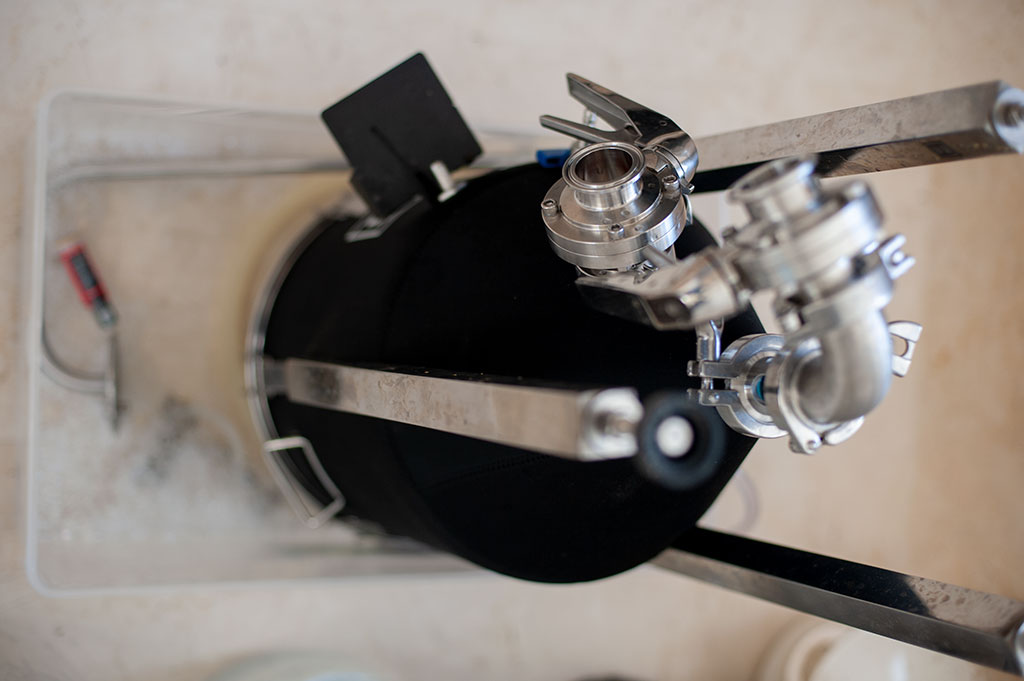
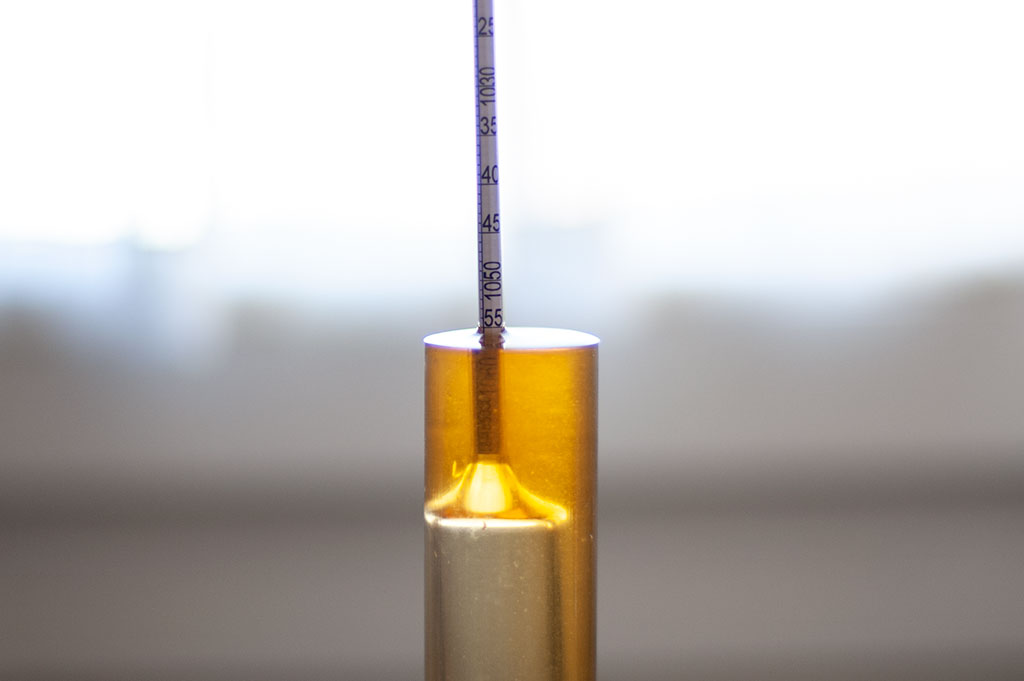
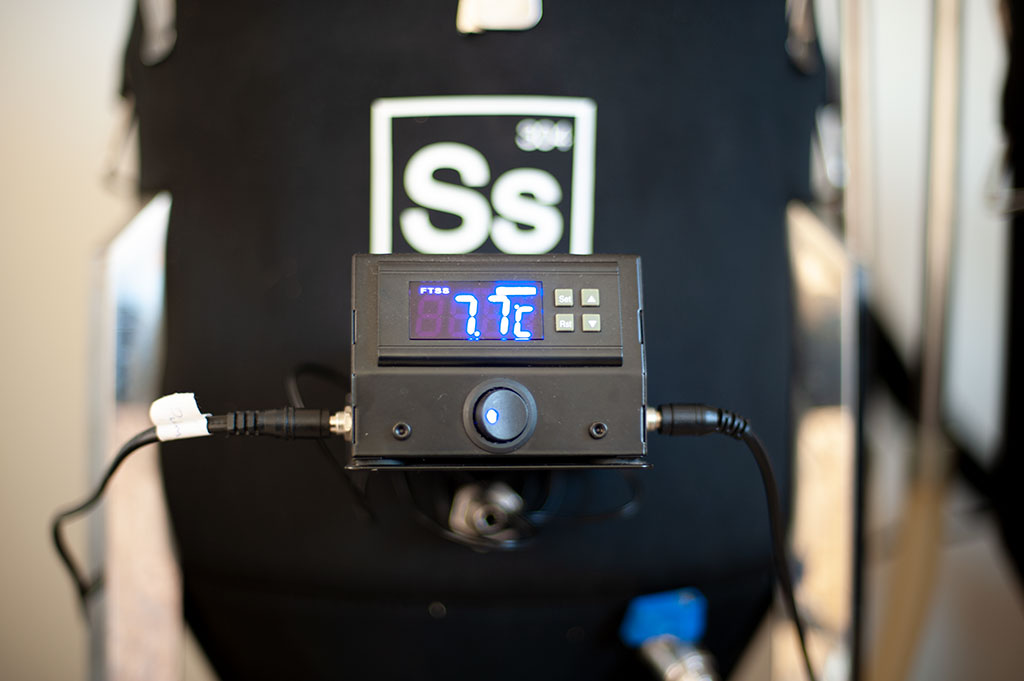
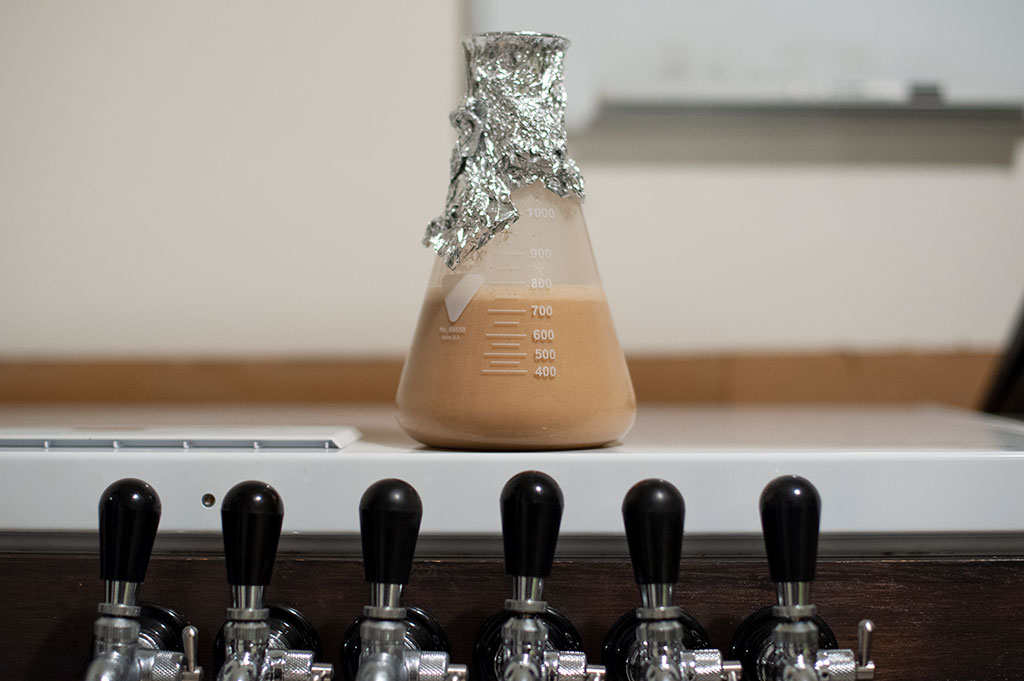
After pitching yeast I leave the beer do it’s thing at 8C for a few about a week and then start raising the temperature followed by dropping temperature for lagering
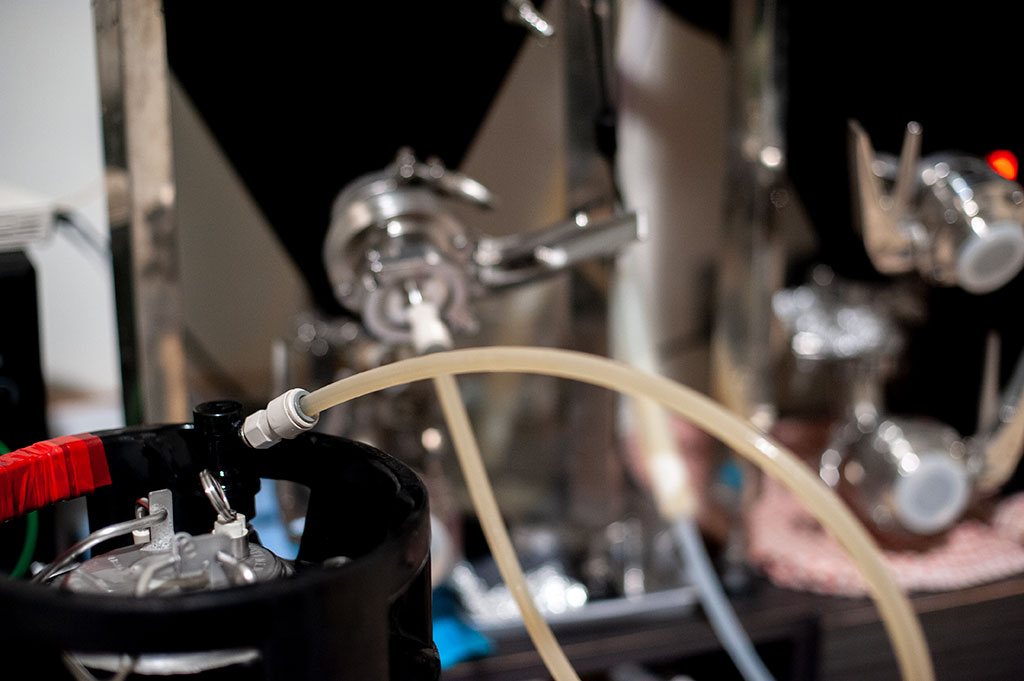
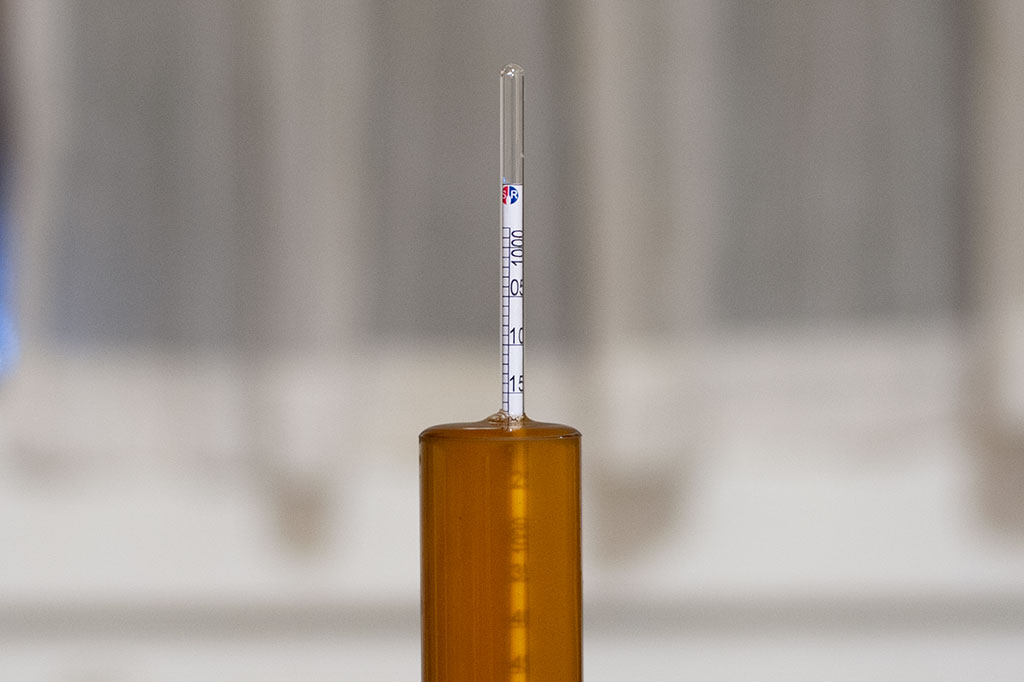
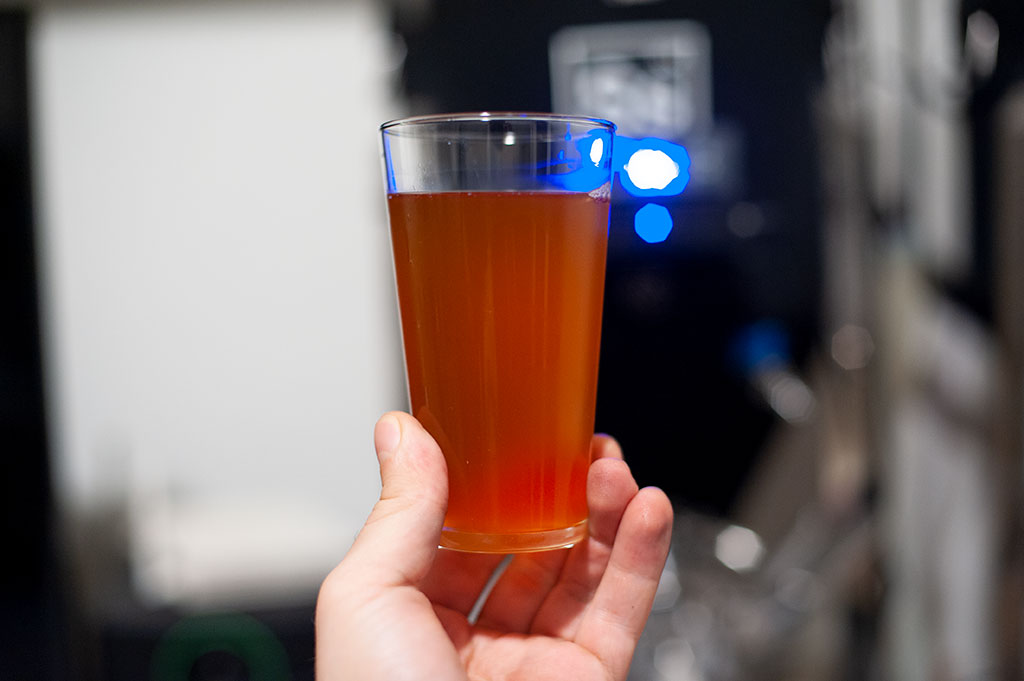
Results
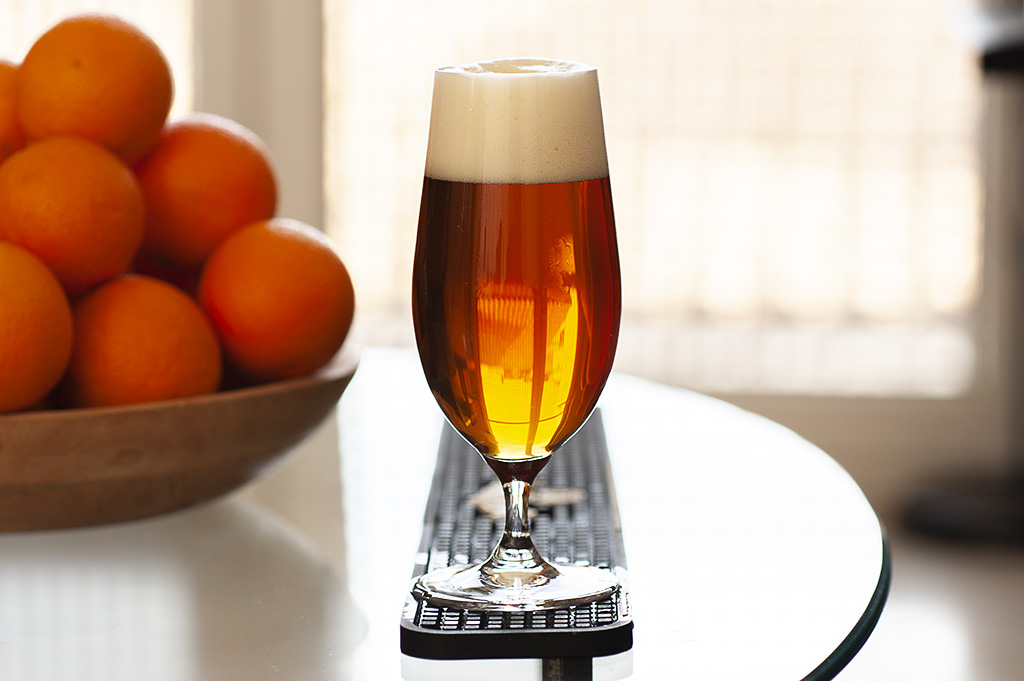
Tasting notes:
Appearance
Medium-amber. Slightly amber, creamy head. Clear.
Nose
Caramel and toffee, malty sweetness, some bread and very light floral notes.
Taste
Malty, toasted bread, caramel and prunes.
Mouthfeel
A medium to medium-full body, moderate-high carbonation. Smooth and bold.
Summary
A marzen beer balancing more on the darker side with more flavour and body. With its more heavy body it is still fairly drinkable, hops and malt sweetness does not fall out of balance and works well together.
Next time I might mash lower, slightly reduce bittering hops and replace some of the Munich malt with a lighter base malt to increase drinkability.